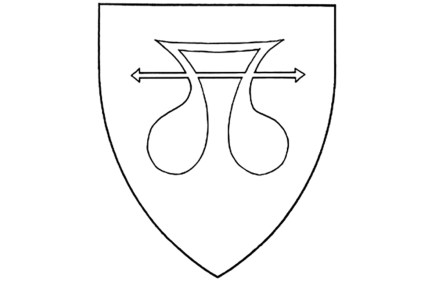Why ‘pop’ is popping up everywhere
The Guardian kindly tells us that green is a colour whose time has come: ‘A blazer or a cotton shirt in Wimbledon grass-court green as a pop of saturated colour against white jeans and chunky flat boots is very Copenhagen Fashion Week.’ For the Express, it’s nails: ‘With polish costing from as little as £1,





















